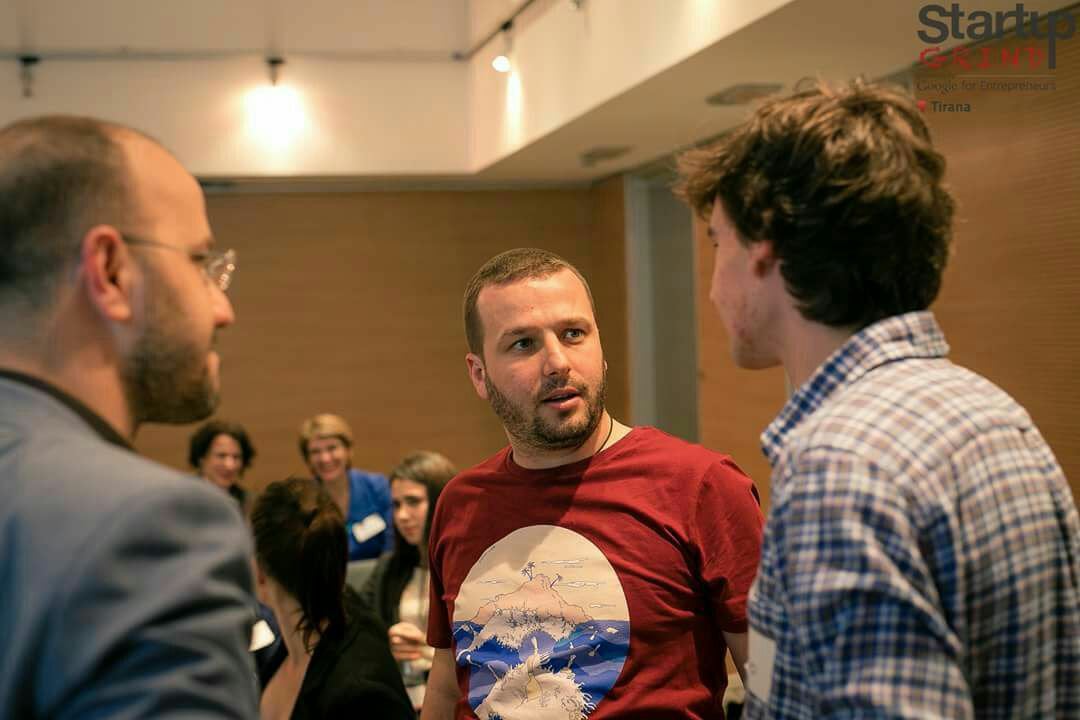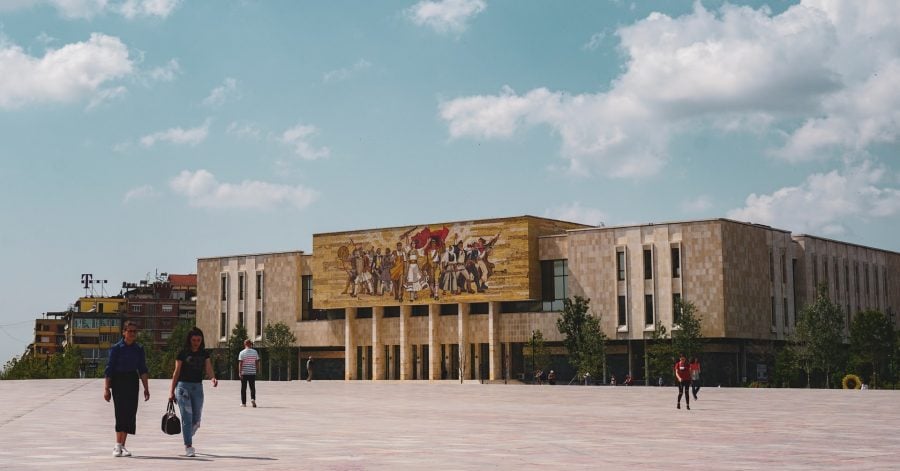As one of the countries with the biggest brain drain in the Western Balkans since 2010, Albania’s young startup ecosystem is still in its infancy. However, the potential for developing is there, and by creating and nurturing a skilled and educated workforce, soon there could be a sustainable startup ecosystem with a particular focus on tech companies.
According to the Albanian finance ministry, there are currently 150 Albanian start-ups operating in the country that have developed their capacities, both inside and outside the EU through the Innovation Challenge Fund.
One of the hottest startups in the country is Rubicon, a fintech company engaged in providing financial solutions and developing a payment processing network. In May this year, the company raised €450K in pre-seed to launch its innovative FinTech platform in Albania.
Softmogul is another successful startup originating from the country, targeting the Hotel and Bed&Breakfast sector, with products and solutions that help customers manage hotel’s operations, deliver a better customer experience, increase revenues and explore new markets to grow. In 2019, the company received a $2M investment.
Need for innovation and investments
According to Tirana-based ecosystem expert Ergest Nako, the country’s education system has a good basis for establishing a vibrant startup ecosystem.
“There is an average of 3,000 students graduating every year in ICT-related studies. The universities have a very good track on technology, but they lack the entrepreneurial education and skills”, Nako explains.
According to him, the Albanian universities used to have a very theoretical approach before and during the early 90s, based on their connection with the education system in other Eastern European countries.
“As such, they developed very good curricula for engineers and technical skills. During the late 90s and later on, universities started to bland their approach to a more market-oriented and practical one. However, nowadays the market still doesn’t offer a lot of attraction for those that are talented and skilled”, Nako tells The Recursive.
In 2013, the Albanian authorities even introduced a ministry for innovation, which started to develop various initiatives for fostering innovative startups. But, four years later, the ministry was dissolved, and authorities established a new department within the Albanian government for communicating with the business community. During the last few years, the growth of the ecosystem has also slowed down, Nako adds.
“Between 2013 and 2017, as part of a global movement toward startups and innovation, the Albanian ecosystem saw a lot of initiatives from established organizations, but also informal groups of persons. During that time, young people who wanted to start businesses had a lot of support and options to learn from experts in the ecosystem. After 2017, the ministry was dissolved and this reflected directly into the ecosystem, where we saw a decline in new and existing initiatives. There were fewer events and also fewer startups and entrepreneurs around.” Nako tells The Recursive.
Challenges and hurdles for Albanian entrepreneurs
One of the main challenges for Albanian entrepreneurs at the moment is access to finance, as there are no angel investors networks or VC funds that are present in the country.
According to Nako, one of the best options for startups to get funding is through donor-based programs that give up to 15 thousand EUR of seed money as grants. Additionally, the market has fewer opportunities, and for Albanian startups, access to other markets is very difficult.

“Since 2020, a new fiscal law is in place, which allows startups and SMEs with less than 120 thousand EUR to pay no tax on profit. This is a big step from the previous limit of 40 thousand EUR, but still, it is not enough. The Albanian government needs to make the ecosystem more appealing for foreign investment and VCs. There is some very good practice from other countries which can be adapted to the local needs to foster and develop a vibrant and sustainable ecosystem”, Nako explains.
For Jakob Modéer from the Swiss Entrepreneurship Program (Swiss EP), the lack of institutions such as innovation funds is also hurting the startup ecosystem in the country.
“On the topic of VC challenges, I would also like to highlight that one of the more pressing challenges and bottlenecks for the ecosystems in both Albania and Kosovo is the lack of a proper and properly run innovation fund, like the one they have in place in Serbia and North Macedonia, that pushes millions of EURs every year into innovative SMEs and startups”
Modéer, Western Balkans program manager with the Swiss EP, tells The Recursive.
According to him, the public policy-driven push of idea- and early-stage startups does not exist in Albania and neighboring Kosovo, which has direct detrimental effects on the entrepreneurial spirit and deal flow in both countries.
“That is not to say that the lack of angels and VC is not detrimental to the growth of the ecosystem, it is, but it’s a different challenge where the solution has to primarily be found within the private sector,” Modéer tells The Recursive.
While examples such as those of Rubicon and Softmogul illustrate the great potential that the Albanian startup ecosystem has, should there be sufficient institutional support as well. Last year, authorities introduced a draft law dedicated to the support and development of innovative startups.
“This was a product of a work that had started a long time ago and that was supported by foreign donors, and also pushed by European Commission’s recommendations that underlined the need to develop legal instruments to stimulate startups.” Tirana-based business journalist Nertila Maho tells The Recursive.
“But, the draft law, at least for the community of those familiar with the startup ecosystem and the potential they present for development, was disappointing in terms of expectations,” Maho says, adding that there is a lot more work that needs to be done on such legislation.
“The draft law highlights the long list of functions and competencies of the new agency, as well as the endless conditions that are set for startups concerning the measures for their promotion or support. This is somewhat discouraging for an ecosystem that is still in its infancy and that is being brought under control rather than being pushed to flourish”, Maho concludes.








